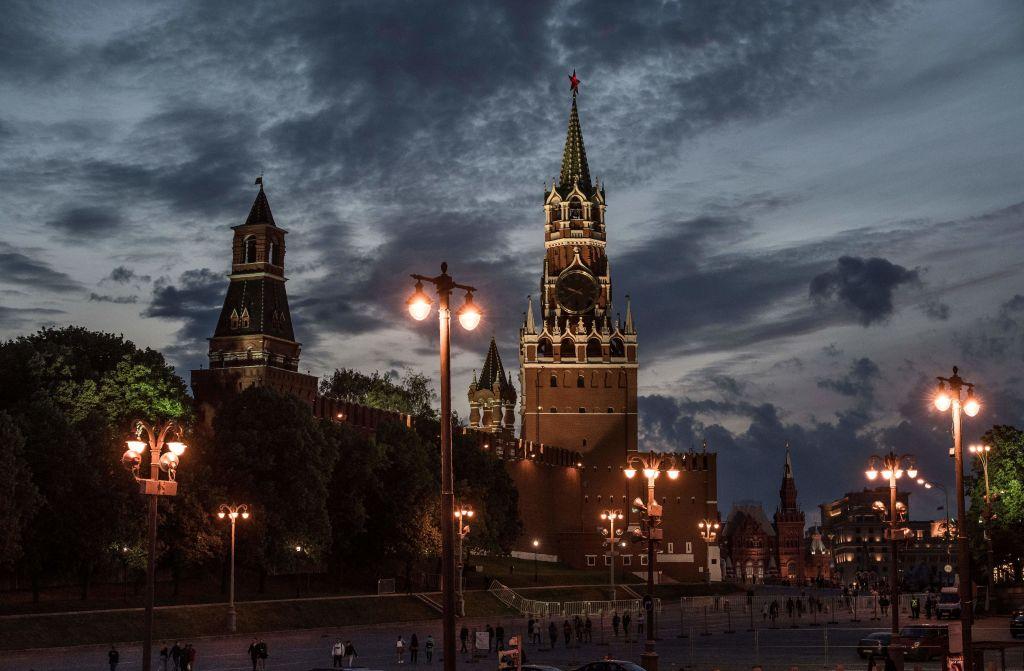Several Republican lawmakers have raised the concern that the FBI was fed Russian disinformation and used it as a justification to spy on Americans, a concern that’s been exacerbated by revelations in the Dec. 9, 2019, report by the Justice Department’s Inspector General (IG).
The report revealed that the FBI applied for a deeply intrusive spying warrant on former Trump 2016 campaign adviser Carter Page, while relying on an unsubstantiated dossier of claims about collusion between the Trump campaign and Russia, supplied by supposedly insider Russian sources.





